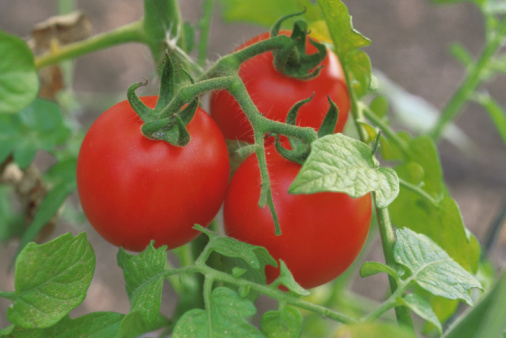Economy
American Poverty: Single Parents Who Cannot Afford Food
Published:
Last Updated:
It is appalling to believe that many Americans cannot afford healthy food. But the number of people who can’t is terribly high, which says that whatever effort has been made by the government to pull or push people out of deep poverty has not worked.
New data from Gallup on the struggle to afford food show:
In the U.S., 31% of single-parent households report times in the past 12 months when they struggled to afford food, much more than the 19% of two-parent households who say the same, according to an analysis of adults aged 18 to 50. Single-parent households also report greater difficulty affording food than do unmarried and single adults who do not have children. But, in households with two adults, the percentage who struggled at times to afford food is the same — 19% — regardless of the presence of children in the home.
While the government cannot force or accommodate marriage, the bad numbers are high enough throughout the low end of the economic spectrum to call the problem an epidemic. Not surprisingly, the ability to get affordable food increases with the number of children in the household:
Among all households, those with three or more children are significantly more likely than those with two or fewer children to say the family struggled to afford food in the past 12 months. This jumps from 21% to 22% of those with up to two children to 27% of those with three children and to 30% of those with four or more children.
The ripple effects of the problems are well researched and described. It makes sense that children who do not have access to healthy food have less mental acuity and poorer health. That, in turn, is part of a vicious cycle. Poor people, especially those who are not properly nourished, are likely part of an overall state in which they show the other deep signs of poverty, including a lack of education and adequate housing. Uneducated children have trouble lifting themselves out of poverty, and the process endlessly perpetuates itself. These observations are made so often that they are worn out. That does not make them any less accurate.
The government, in general, has made the problem of nourishment for the poor worse. The farm bill currently being debated in Congress could cut food stamp programs. As McClatchy pointed out:
House of Representatives Republicans passed a version of the long-delayed farm bill last week that upset the apple cart because it was missing a key political ingredient — the food stamp program.
While food stamps are not the only solution to better nourishment among the poor, they are a piece of foundation that can be placed under the trouble.
Again, there is no end to describing how poverty perpetuates itself in America. The Gallup data only address a portion of the problem. But that portion is important. When people cannot properly feed themselves, what hope do they have for a better future?
Methodology: Results are based on telephone interviews conducted as part of the Gallup-Healthways Well-Being Index survey Jan. 1 to June 27, 2013, with a random sample of 36,772 adults, aged 18 to 50 years, living in all 50 U.S. states and the District of Columbia.
Retirement can be daunting, but it doesn’t need to be.
Imagine having an expert in your corner to help you with your financial goals. Someone to help you determine if you’re ahead, behind, or right on track. With SmartAsset, that’s not just a dream—it’s reality. This free tool connects you with pre-screened financial advisors who work in your best interests. It’s quick, it’s easy, so take the leap today and start planning smarter!
Don’t waste another minute; get started right here and help your retirement dreams become a retirement reality.
Thank you for reading! Have some feedback for us?
Contact the 24/7 Wall St. editorial team.